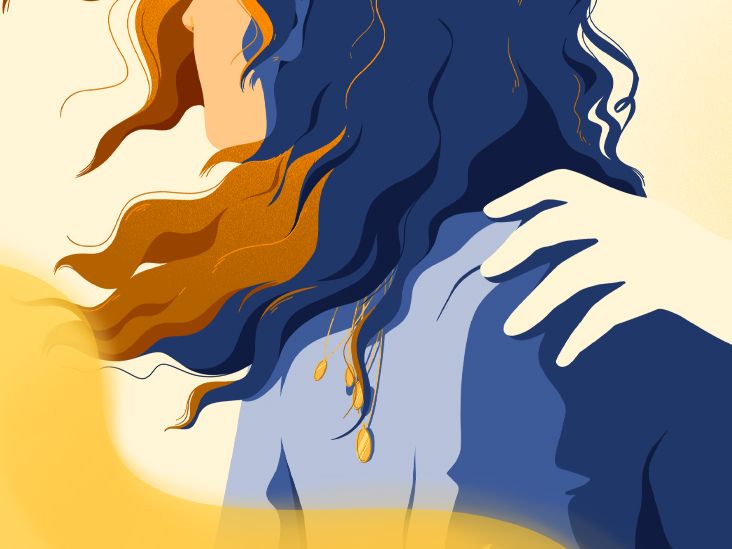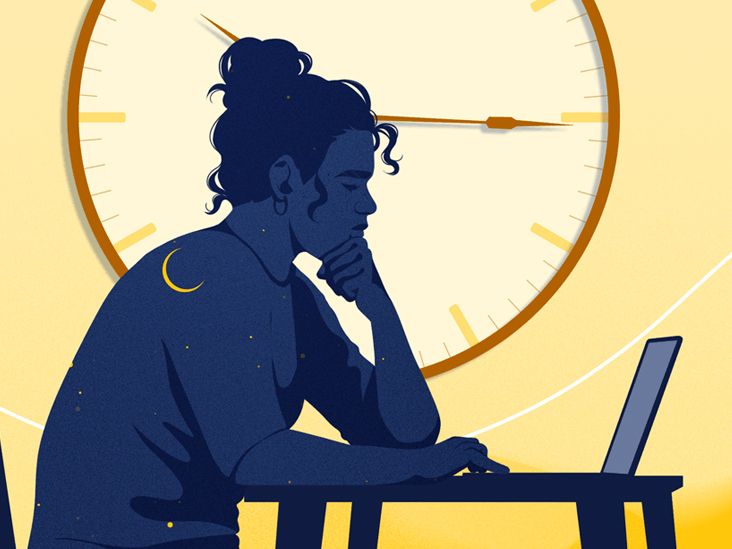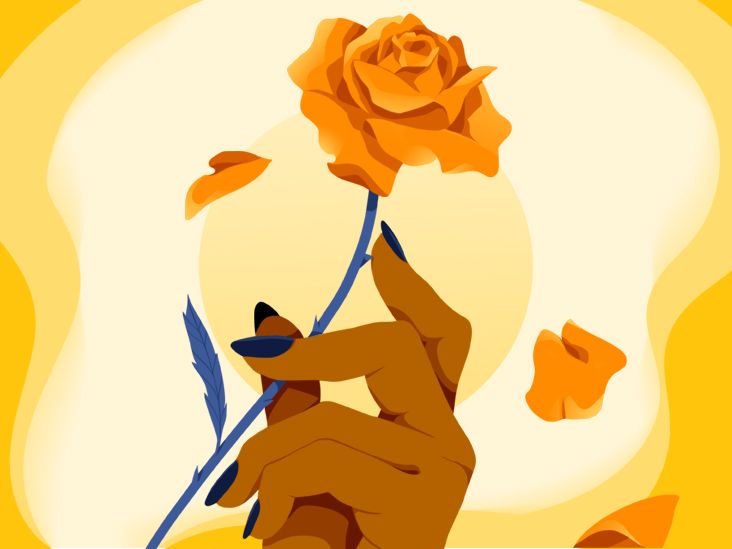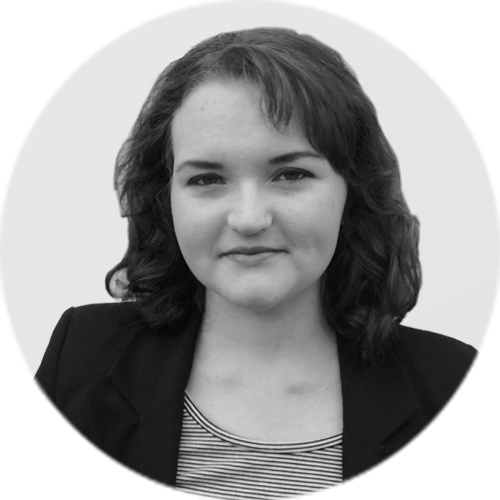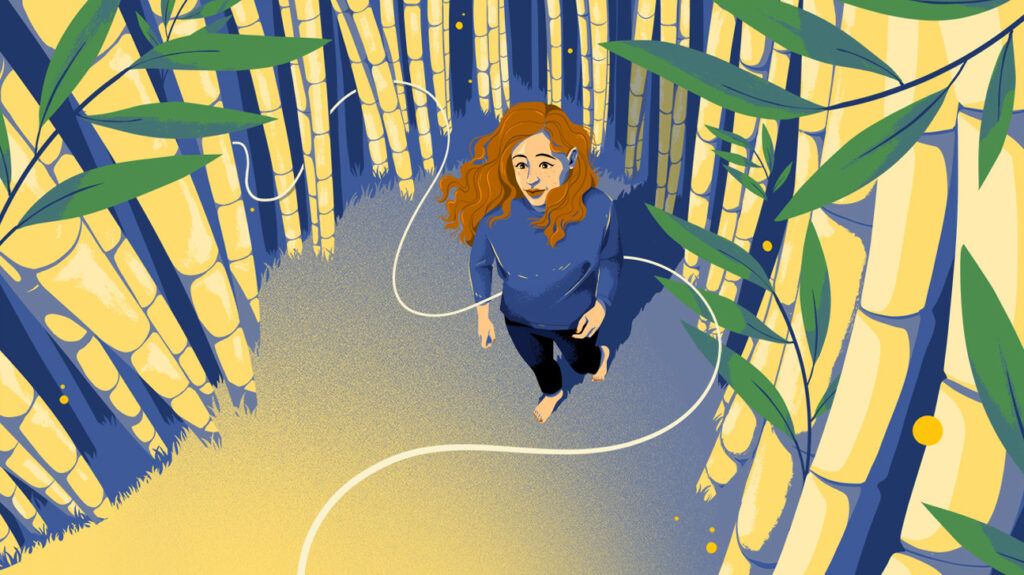
When I was young — around 6 or 7 — I would try to “protect” myself from disappointment by always anticipating the worst.
I remember reasoning that if that worst-case scenario became a reality, I’d have the satisfaction of being right. If something better happened instead, I’d be then pleasantly surprised. Either way, I’d win.
This thought pattern deepened as I grew up. Even now, I often find myself anxiously anticipating the worst to mentally protect myself from it. As a result, I panic for no reason: I get caught up in mental scenarios where I’m hurt in car accidents or natural disasters, or I’m the victim of a violent crime.
I’ve tried not to engage in these thoughts, but when I do, I upset myself so severely that, at some point, it becomes difficult for me to function for the rest of the day.
Living like this isn’t fun. So, a while back, I decided to seek help. That’s when I discovered that I have obsessive-compulsive disorder (OCD).
Today, years later, I’m doing much better. But I find it difficult to let go of this feeling that my anxiety may be magically protecting me from harm, like a prayer or a spell.
Do I use anxiety to feel safe?
I often hear, “It’s always the thing you least expect that hurts you.” It’s the idea that hurt catches you off-guard, that life can be unpredictable.
The core purpose of anxiety is to keep us safe. We feel anxious around people who scare us because we worry they’ll hurt us. We feel anxious about heights because we’re worried we’ll fall. We feel anxious when crossing a busy road because we’re aware of the danger.
Even if our anxiety is misguided or disproportionate to the situation, its purpose doesn’t change: It’s about self-preservation.
But my worries are about more than that.
I’m prone to magical thinking. On some level, I believe that my thoughts directly influence reality, even though I know that doesn’t make logical sense.
Magical thinking is a cognitive distortion — a thinking pattern not based on evidence. It’s common among many people, including those with OCD.
For me, magical thinking often looks a bit like believing in the law of attraction. But it also looks like the assumption that I can protect myself from harm just by worrying about it.
There’s a part of me that thinks, “If I imagine myself being hijacked or stabbed, what’s the chance that it’ll actually happen? Pretty low, right?”
I tell myself, it’s always the thing you least expect that hurts you, so I should expect everything bad in order to protect myself from it.
As noted author Cormac McCarthy wrote, “If trouble comes when you least expect it, then maybe the thing to do is to always expect it.”
My anxiety always expects trouble.
Self-sabotage and not wanting anxiety to go away
As I found myself learning to cope with my anxiety, I realized that I often didn’t want to cope with it.
Of course, I hate the feeling of being anxious. I hate constantly feeling like I’m in danger.
And yet, I realized I needed to admit something to myself: Anxiety often feels “safe” for me.
On some level, my mind wants to be anxious to feel safe.
I knew many of the triggers for my anxiety were irrational thoughts.
For example, I was often worried about being swept up in a hurricane, even though hurricanes don’t occur in my country.
But some of my anxious thoughts, including my worry around fires, drowning, or homicide, seemed more rational.
I used logical thinking to convince myself that the dangers did indeed exist. I used magical thinking to convince myself that my worries were a talisman against harm.
This realization indicated that I had more work to do.
I didn’t just have to learn to manage my anxiety — I needed to figure out why I didn’t want to manage it in the first place.
I also had to consider whether I’ve self-sabotaged in the past. Did I pass up opportunities to get better because it meant giving up a sense of safety?
Is anxiety a part of my identity?
I’m going to be honest with you: I don’t know who I am when I’m not anxious.
Anxiety feels safe to me.
This isn’t only because my OCD-fueled magical thinking tells me this anxiety is protecting me from harm. It’s also because anxiety is a part of my identity.
I don’t remember a time when I wasn’t anxious. Even before I picked up the pattern of expecting the worst to avoid disappointment, I remember feeling worried all the time.
Worry takes up a lot of mental and physical energy — especially for someone with OCD, whose worries and intrusive thoughts can lead to full-blown compulsions.
Getting better means there’s a lot of “white space” in my mind, and this mental pause from worry feels uncomfortable to me.
But my anxiety isn’t just a part of my own identity: It’s also been a part of how I relate to others.
Like many other people with mental illnesses, I found solace in online spaces dedicated to mental health.
I became friends with many people because we had our mental illnesses in common. Many people automatically associate me with post-traumatic stress disorder (PTSD) and OCD.
As my symptoms have become more manageable, almost to the point of disappearing, I’ve become increasingly worried about how people will see me.
Who am I if not an anxious person?
Rediscovering yourself
I’ve concluded that I hold onto my anxiety the way a child holds onto a safety blanket.
I want to grow up, to heal, but I struggle to let it go.
I don’t have an easy answer to this, but something that’s made my journey more enjoyable is that I’ve taken the opportunity to rediscover myself.
Who am I if not an anxious person? Well, who have I always fantasized about being? What would I do if it weren’t for my anxiety?
I’ve tried to take advantage of my anxiety’s increasingly weak hold on me by doing everything I thought anxiety was holding me back from doing.
- I take spontaneous walks.
- I tried scuba diving.
- I go to more social events (not as much as I’d like to, because of the pandemic, but still).
- I moved to a different suburb, far away from the literal comfort zone where I grew up.
When assessing risks, I try to think them through carefully instead of letting magical thinking and other cognitive distortions take control.
I ask myself:
- What is the worst-case scenario?
- What’s the likelihood of that happening?
- How can I react if the worst-case scenario comes true?
This helps me make responsible decisions without feeling frozen by my anxiety.
Who am I if not an anxious person? I am myself — just a little more daring, a little more adventurous.
My mental illnesses are only a small part of me.
As I heal, I’ll go on more adventures, take more calculated risks, and live life more fully, but I know I’ll still be me.
